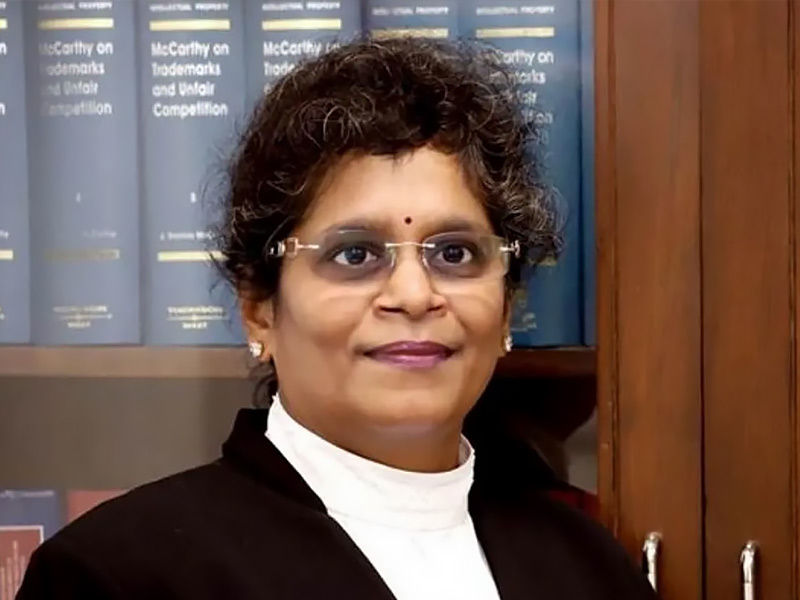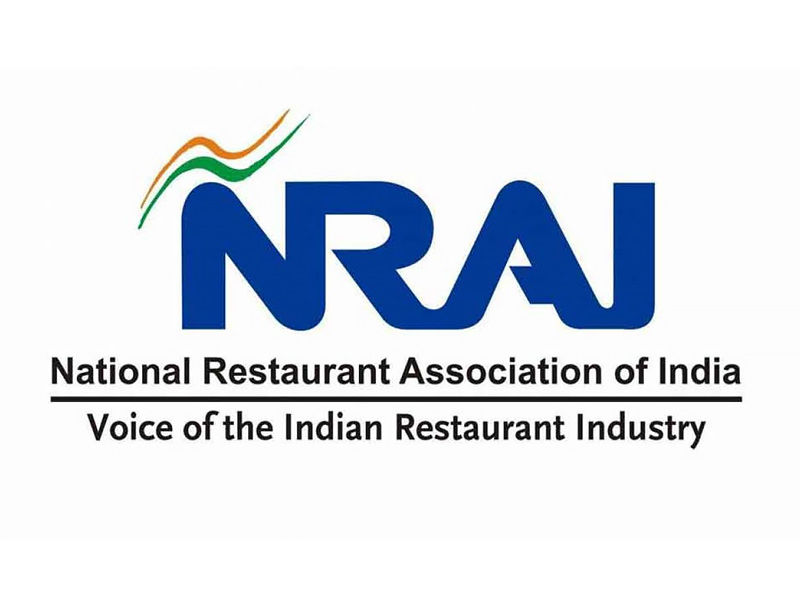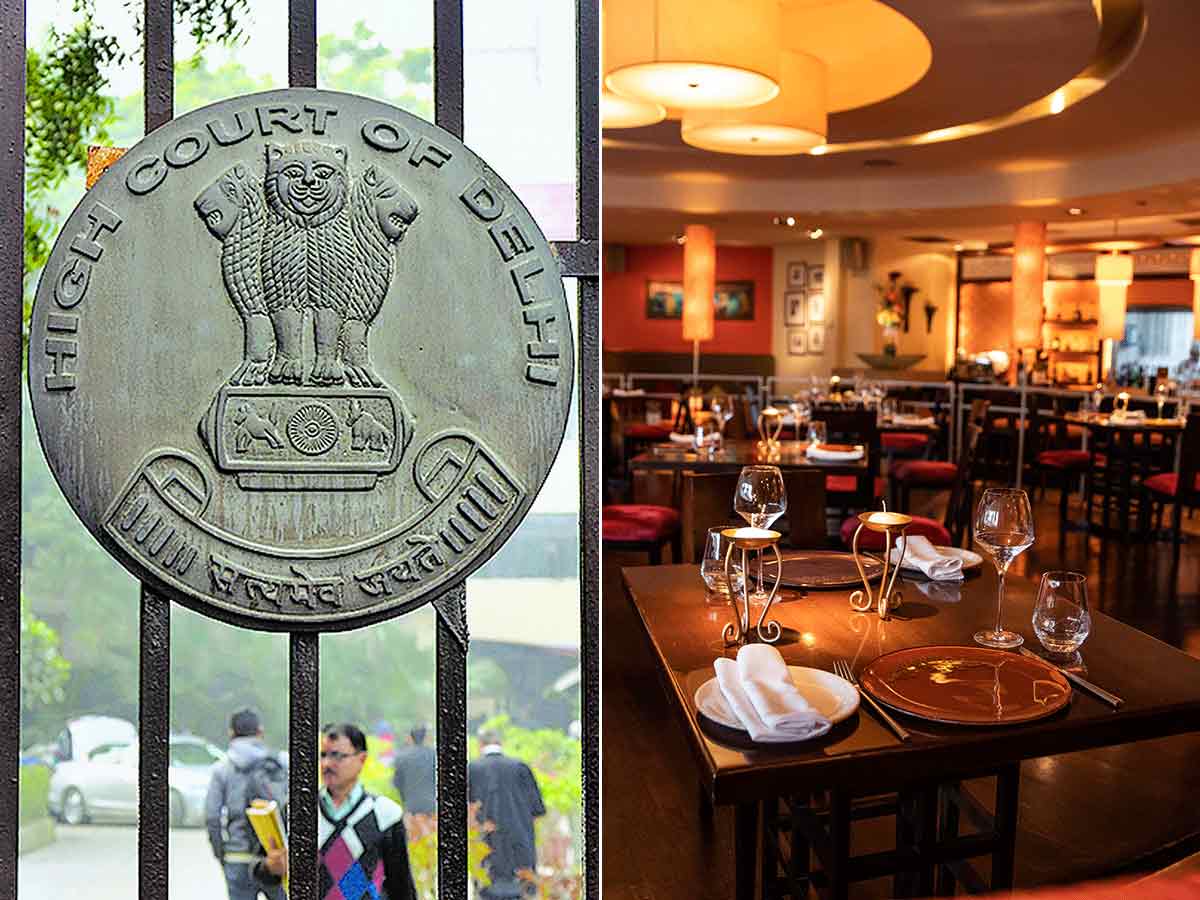The Delhi High Court (Delhi HC) on Tuesday ordered members of a restaurant association to use the term “staff contribution” instead of “service charge” while seeking money from clients.
Justice Prathiba M Singh, who was hearing petitions challenging guidelines prohibiting eateries and hotels from automatically levying service charges on food bills, directed the Federation of Hotels along with Restaurant Associations of India (FHRAI) to explicitly state the imposition in their menu cards and to not charge more than 10% of the bill.
The court noted that they will make it plain that it is not a tax levied by the government.

The FHRAI notified the court that it has over 3,300 members and that, while there was no uniformity in the imposition of service charges among its members, it did not object to the use of an alternative name for the amount.
According to FHRAI’s senior counsel, some of its members impose a service charge as an obligatory condition.
However, the petitioner National Restaurant Association of India, which has over 1,100 members, stated that service fee was the standard language that could not be modified and that there was no uncertainty regarding its use.
A court proceeding would be necessary. Meanwhile, the court ordered that members of the FHRAI utilize the staff contribution’ for the total amount of service charge that they charge.
“The same shall not be greater than 10% excluding GST.” “Menu cards shall state in bold that no additional tip is to be paid to the establishment,” the court stated while clarifying that it was simply an interim injunction subject to the final conclusion of the petitions.

The court acknowledged that the two petitioners were the apex bodies representing the eateries’ interests.
It ordered that the case be scheduled for a hearing on October 3, stating that “this affects the entire country.”
Previously, the court had asked the petitioners whether they had any objections to the phrase “service charge” being substituted with alternative wording, such as “staff welfare fund,” to avoid consumer confusion that the same is not a government levy.
Petitioners filed two separate petitions with the Supreme Court last year, challenging norms preventing hotels and restaurants from automatically levying service charges on meal bills.
The rules, issued by the Central Consumer Protection Authority (CCPA) on July 4, last year, were later delayed by the Supreme Court.
Petitioners claim that the service charge, which has been in place for several years, is a “traditional charge” that is “disturbed amongst those who are not in front of the customers,” and that restaurants are requesting the same after posting appropriate notice on their menu cards and on their premises.

As a result, they have contended that the CCPA order is arbitrary and unconstitutional and that it should be overturned.
In its counter-affidavit, the CCPA stated that the petitioners have completely failed to grasp the rights of consumers, whose hard-earned money is unfairly taken automatically or by default in the name of service charge.
It has also stated that the goal of collecting mandatory service charges from consumers in addition to the purchase of food goods and applicable taxes is “unlawful” because no corresponding service is supplied separately to consumers.
Also, Read Hina Nagarajan: premium spirits will rule profitability in the future
The high court stayed the CCPA guideline on July 20, 2022, and stated that the stay is conditional on the petitioners ensuring that the levy of service charge, in addition to the price and taxes, and the obligation of the customer to pay the same are duly and prominently displayed on the menu or other places.

























